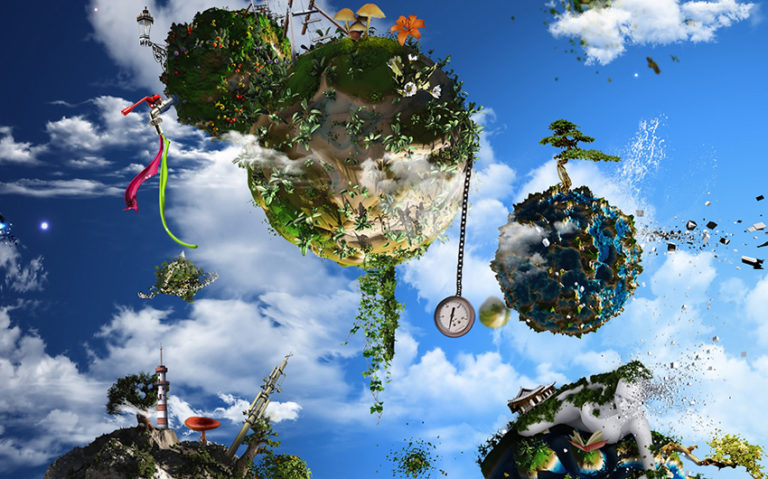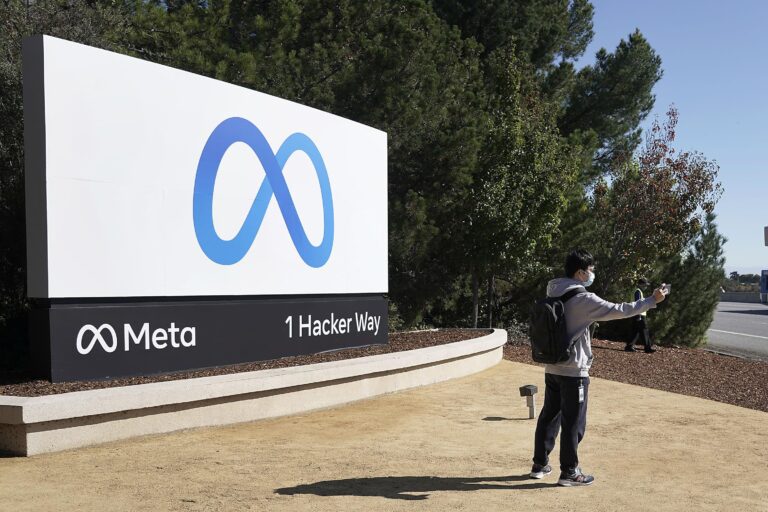Monetisation is hard. Expansion is even harder
- With growth in the smartphone shipments slowing fast and tablets in negative territory all eyes are turning from user acquisition to monetisation and expansion into other areas of Digital Life.
- I believe that there are three stages for a Digital Life start-up:
- One. Get as many users as possible regardless of revenue generation for the service.
- Two. Monetise the service via advertising or subscription.
- Three. With monetisation working and generating cash flow, investments can be made in other areas of Digital Life in order to become an ecosystem.
- Almost all of the Digital Life services companies are at one of these three stages and I think that only Google has really had any success in stage three and that has not been without problems.
- Almost everybody else has run into trouble at either stage two or three.
- For example:
- Twitter has run out of growth because it has fully monetised its segment and has seen no success in other segments.
- Google has failed to win any traction in Social Networking with Google + and has recently withdrawn.
- Snapchat recently closed down its content discovery offering because it gained little traction.
- Tango has just laid of 9% of its workforce as its attempt at e-commerce has failed despite investment and support from Alibaba and Walmart.
- Facebook has made several false starts to expand from Social Networking and as only now realising how difficult it is to get this right.
- The net result is that to create an ecosystem both the buy and the build routes are fraught with difficulty.
- Build
- Advantage: The new offering can be fully integrated and data shared with the existing successful service such that the data generated is much more valuable. This can be used for more accurate targeting of advertisements or to make the service more valuable if monetising via subscription.
- Disadvantage: Growing a start-up service from scratch inside an existing company is difficult and very few companies have had any success here.
- Buy
- Advantage: The service comes already developed and with an active user base which can be leveraged.
- Disadvantage: This route is often far more expensive and dealing with successful founders can be highly problematic. In many cases founders will insist on remaining independent meaning that integration is impossible for a considerable amount of time. Only full integration will deliver to the acquirer any value from making the acquisition and this is essential if an ecosystem strategy is to pay off.
- The net result has been either a one hit wonders (Twitter, King, Snapchat and so on) or a jumble of assets from which there is little direction (Yahoo!, Amazon, Microsoft and so on).
- This is why the creation of an ecosystem is so difficult and why there are only a handful that are likely to make a substantial return on their investments in the long run.
- I suspect that the Chinese are better at this than their Western counterparts but their services are so China oriented that they have little relevance outside of the home market.
- Fortunately, the Chinese market is so big that there is space for three hugely successful ecosystems in the home market alone.
- Of all the others, the two that I think really understand this issue are Facebook and Microsoft although I am concerned that Microsoft may be thinking twice with regards to the consumer ecosystem.









Blog Comments
Colin
November 28, 2015 at 4:46 pm
Why no mention of Apple as an ecosystem operator? The profile of Apple’s services business isn’t the same as those mentioned but $5 billion and 20% growth shouldn’t be ignored.